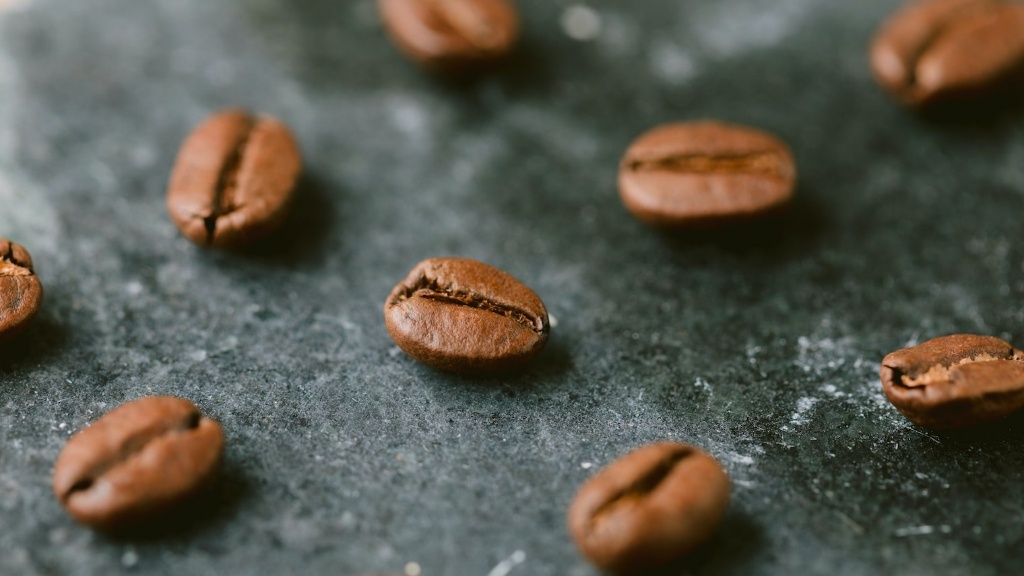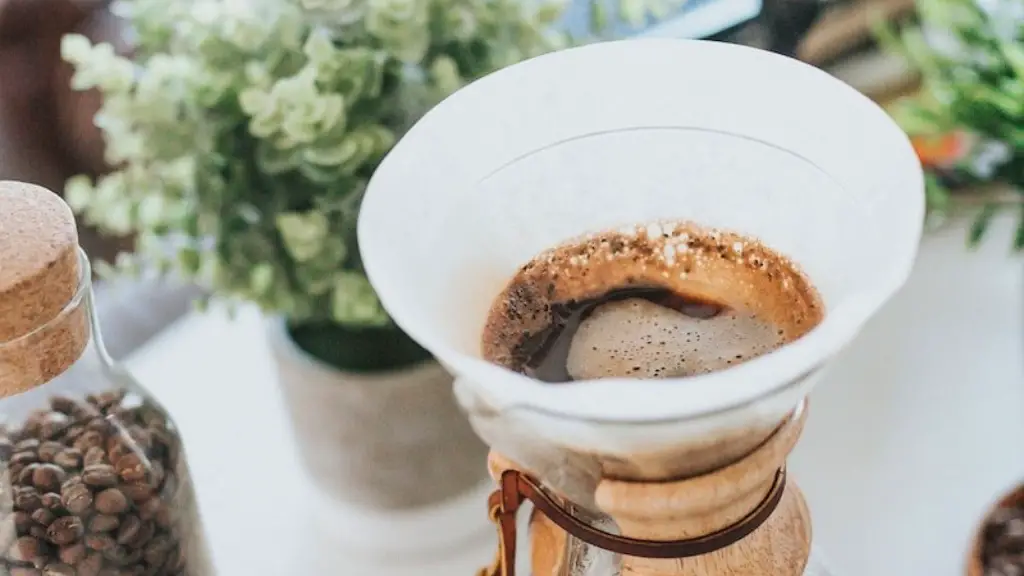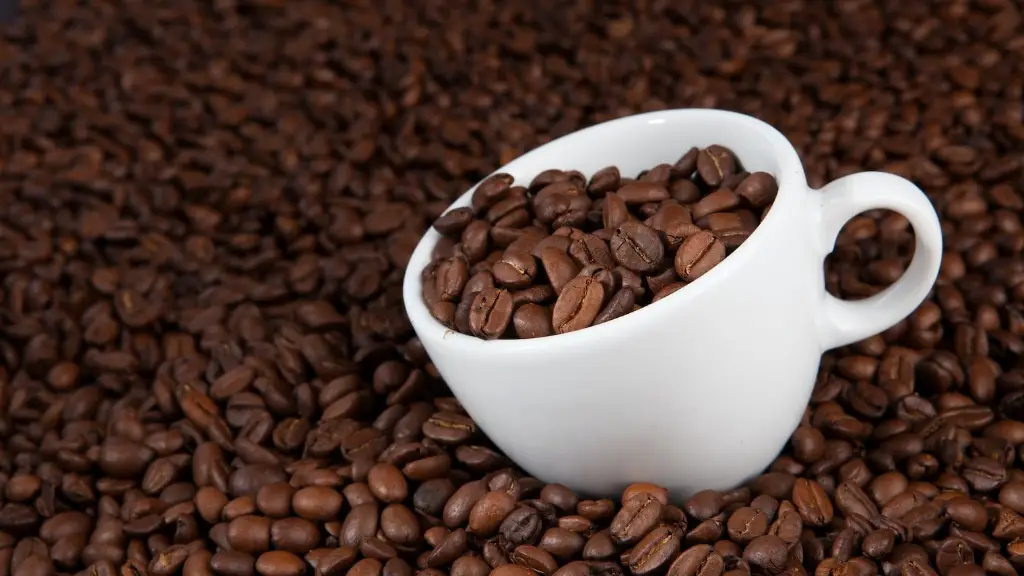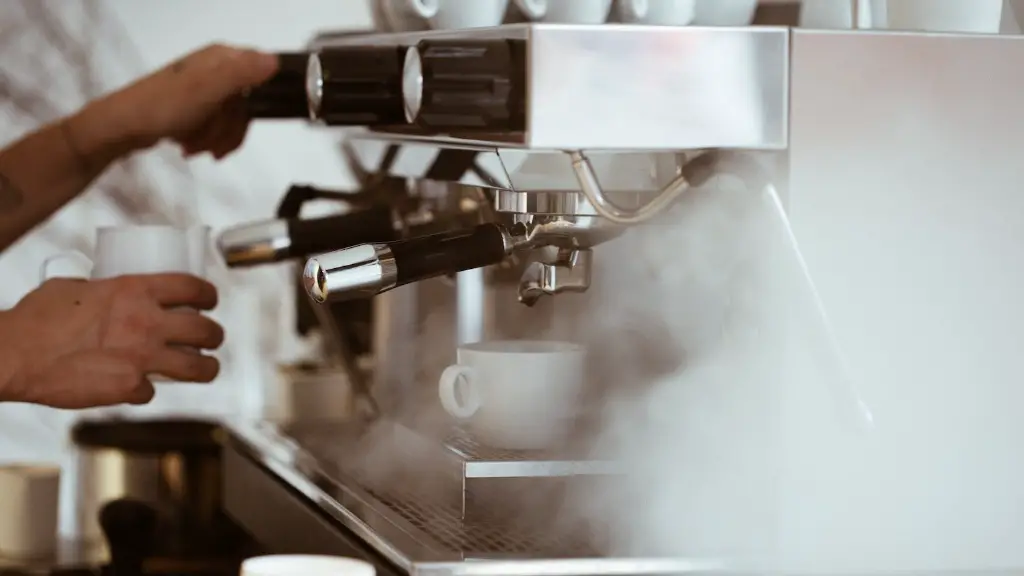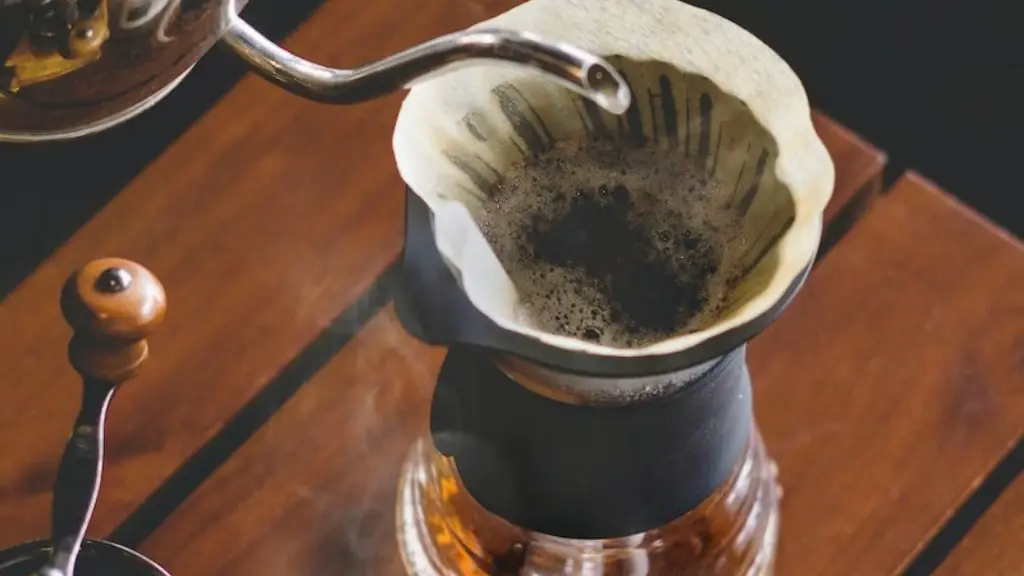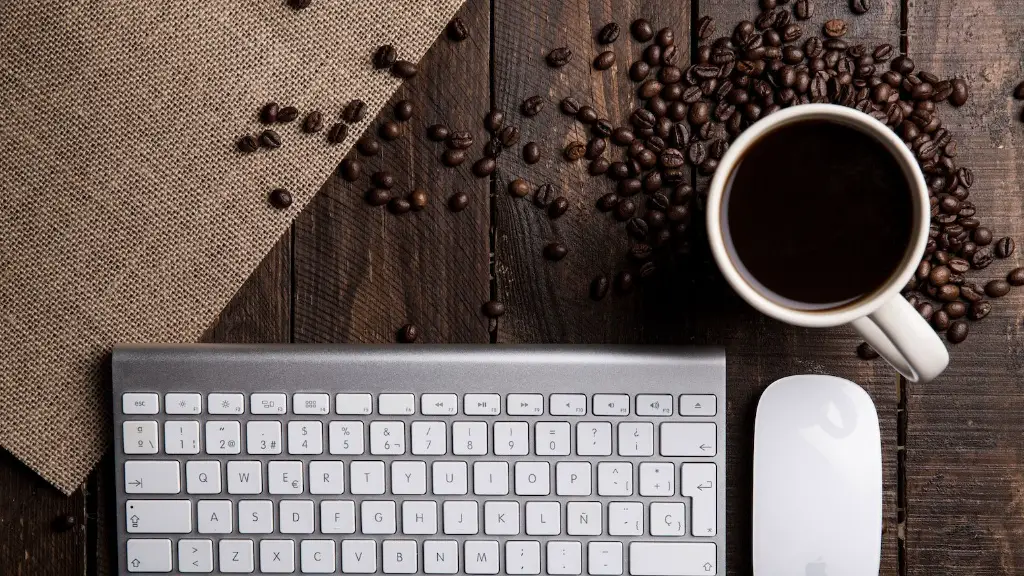Coffee is one of the most popular beverages on the planet, enjoyed by millions of individuals on a daily basis. But when it comes to dental health, there is still much debate regarding the potential risks and benefits surrounding drinking this beverage.
The biggest issue with drinking coffee after getting a tooth pulled is the potential risk of infection. A common concern is that the warmth and acidity of the beverage may increase the chance of infection in the tooth site. This fear is due to the fact that the sites for tooth extractions are highly sensitive, and contain many open blood vessels which make them vulnerable to germs and bacteria.
However, the majority of experts agree that drinking coffee after a tooth extraction is generally safe, as long as it is done in moderation.
The key is to avoid consuming very hot beverages and stick to room temperature or cooler liquids. Doing so can help to minimize the risk of causing discomfort or potential damage to the tooth site. Additionally, the acidity in coffee may increase the chances of irritation or dull the pain of the extraction. In an effort to reduce acidity, many dentists suggest adding cream or milk to the beverage as a way to reduce acidity.
It’s also important to remember that consuming too much coffee can be detrimental to your overall oral health. Too much caffeine can cause dehydration and can even lead to larger health issues such as insomnia or anxiety. Not to mention, excess caffeine can lead to tooth decay and staining. So if you’re unsure about the amount of coffee you should be drinking, it’s best to consult with a medical professional.
When it comes to drinking coffee after a tooth extraction, it is important to talk to a medical professional to get the full details on what is best. Some experts may advise further limits on drinking coffee than what is impartial. Everyone is different and has different oral health needs so it is important to talk to an expert and get the right recommendation to keep your teeth healthy.
Dietary Changes
Apart from Ruling Out Coffee, Dietary Changes Also Play A Big Role In Tooth Extractions. Eating a well-balanced diet before and after a tooth extraction is essential. Eating soft foods is often recommended following an extraction as that will reduce the amount of stress on the extracted tooth area. Foods such as cooked vegetables, mashed potatoes, scrambled eggs and yogurt are some great examples of what to eat during recovery.
Steer clear from those crunchy snacks, like chips and crackers, which can aggravate the area. The same goes for drinks—it’s best to avoid drinks that contain a lot of sugar, as it may increase the risk of infection or slow down the healing process.
Additionally, avoiding cigarettes and drugs following a tooth extraction is a must. These activities can increase the risk of infection and may hinder the process of healing.
Tips For Keeping Teeth Healthy
When it comes to taking care of your teeth, it’s important to practice good oral hygiene in order to prevent any future problems. Brush and floss your teeth at least twice a day and make sure to visit your dentist on a regular basis. Eating a well-balanced diet and avoiding sugary drinks is also essential and will better equip your mouth with all of the nutrients needed for strong and healthy teeth.
A few other tips are to avoid using your teeth as tools and making sure that you are using the right size and type of toothbrush for your mouth. Additionally, make sure to swap out your toothbrush every three to four months, as those whose toothbrushes are older than three months are three times more likely to get a cavity.
Benefits Of Coffee
Though there may be concern about drinking coffee after a tooth extraction, coffee itself does produce a few benefits. Coffee has been found to contain certain antioxidants which can help to reduce inflammation and protect the teeth from decay.
Coffee can also be a stimulant and is known to provide a natural boost of energy in the morning. As such, it is a great alternative to sugary drinks which can cause problems including tooth decay and cavities.
Coffee also has been shown to reduce the risk of tooth decay by reducing the growth of plaque. While the research on this continues, it is agreed by many dental experts that the antioxidant-packed beverage can help to keep the teeth a bit healthier. Additionally it can be beneficial in helping to reduce the risk of developing various types of cancers.
Relevant Research & Studies
Various studies have been conducted over the years regarding the effects of drinking coffee on tooth enamel. A recent study published in the journal Caries Research used human tooth enamel samples to show that coffee does increase the risk of developing enamel erosion. However, it is important to note that the study fails to account for the numerous other factors which play a role in enamel erosion and tooth decay.
Another study, published in the journal International Journal of Dentistry, revealed that drinking more than four cups of coffee daily is associated with a slightly increased risk of developing cavities but also found that coffee’s acidity is not necessarily to blame. The study concluded that poor oral hygiene and high sugar levels in the diet were the major culprits in the development of cavities, not the acidity from coffee itself.
However, this research does not dispute the risk of further irritation and infection which may occur from drinking coffee after a tooth extraction. As such, it is recommended that individuals follow the advice of their dentist and wait a few days before sipping on their morning cup of joe.
Awareness & Prevention
It is always important to be aware of the risks related to our dental health and be proactive in prevention. Drinking coffee after an extraction can cause problems including irritation, infection and irritation to the mouth. As such it is important to take measures in order to avoid any damage to the extracted area.
The best way to do this is to check with a medical professional before doing any such activity. A dentist or doctor can provide the best advice and recommendations on how to care for the extracted tooth site and give advice on when it is safe to consume hot beverages like coffee.
Additionally, it is important to take into account any dietary changes you may need to make in order to reduce the risk of infection. Eating soft foods can be beneficial and avoiding sugary drinks can also help to keep the mouth healthy.
Caring For The Tooth Site
The tooth extraction site should be taken care of properly to ensure it heals properly. Applying an ice pack to the area, after numbing the area with Orajel or Anbesol, can be helpful in reducing the pain and the swelling. Doing this can also reduce the chances of infection.
Additionally, avoiding straws can reduce the high pressure on the newly extracted area and can prevent the bacteria from being sucked into the newly exposed area. Rinsing the mouth with a salt water solution can also help to clean and soothe the area.
Sadly, antibiotics are often prescribed to reduce the risk of infection in a tooth extraction site and some patients will be given a prescription for ibuprofen or acetaminophen to reduce the pain and inflammation. As always, doing research and talking to your doctor or dentist can help to make an informed decision about which course of action is best for you.
Effects Of Smoking & Drugs
Smoking and the usage of drugs can have an adverse effect on the tooth extraction site, as it can increase the risk of infection. It’s important to stay away from these activities, as they can hinder the healing process and make the risk of infection even greater.
Additionally, these activities can lead to bigger health issues, such as an increased risk of cardiovascular disease and cancer. So it is important to avoid smoking and drug-use for both dental health and well-being.>
A Word Of Advice
When it comes to drinking coffee after a tooth extraction, it is important to talk to a medical professional first. Everyone has different needs and a doctor or dentist can provide the best advice on how to care for an extraction site and whether it is safe to consume coffee or other hot beverages.
This is important to take into account, as the wrong move can lead to infection or discomfort. Additionally, following the advice of experts regarding diet and oral hygiene can reduce the risk of developing any further problems in the future.
